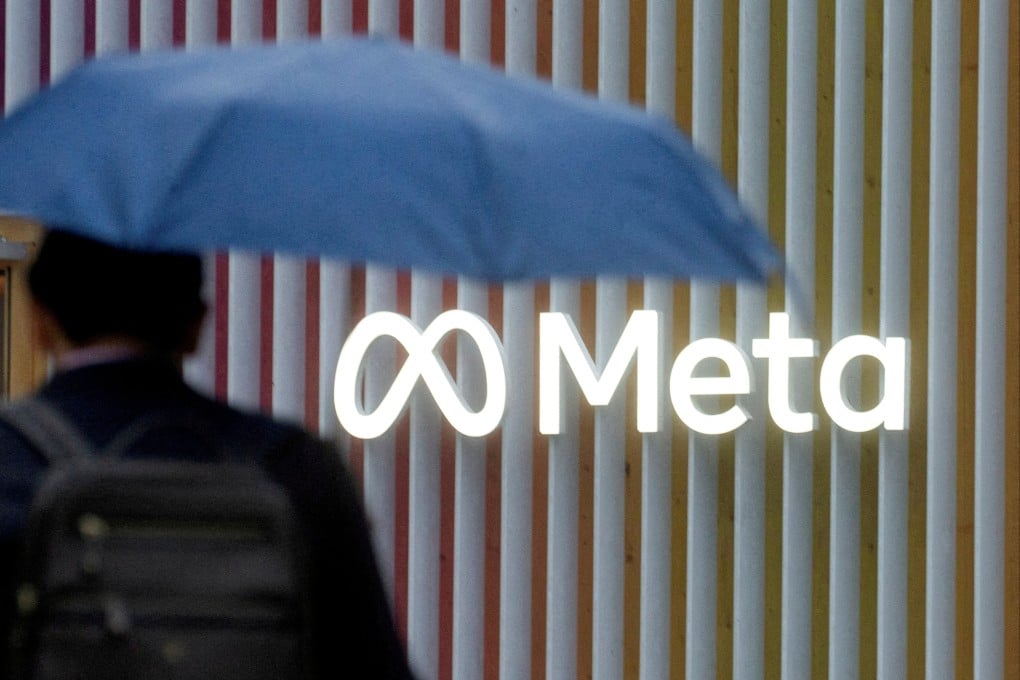Advertisement
Facebook owner Meta’s AI speech translation tool for Hokkien language draws interest in China
- The Facebook owner says it has developed an artificial intelligence system for translation between spoken English and Hokkien
- Hokkien is a primarily oral language widely spoken in parts of mainland China, Taiwan and Chinese diaspora communities across Southeast Asia
Reading Time:2 minutes
Why you can trust SCMP
2

Facebook owner Meta Platforms’ new real-time speech translation system for Hokkien, a dialect widely spoken in the southeastern Chinese province of Fujian, the self-ruled island of Taiwan and Chinese diaspora communities across Southeast Asia, has garnered strong interest on the mainland, where the social media platform is blocked.
The artificial intelligence (AI) system, which can translate between spoken Hokkien and English, is part of Meta’s efforts to “break down language barriers in both the physical world and the metaverse”, the US tech giant said this week in a blog post.
Existing AI-powered speech translation systems mostly focus on written languages and rely on transcriptions to train their AI models. Hokkien, however, is a primarily oral language that lacks a standard written form, according to Meta.
Another challenge is that there are far fewer Hokkien speakers than, say, English or Spanish speakers, which means there is insufficient training data available.
The difficulty of speech translation is illustrated earlier this month, when Douyin, the Chinese version of ByteDance-owned short video app TikTok, stirred controversy after it cut off the live-streaming sessions of several Cantonese-speaking influencers because its system could not recognise the Chinese dialect.
Meta’s speech-to-speech translation system overcame the problem by first translating English to Mandarin text, and then converting it into Hokkien, and vice versa, before adding that into training data.
Advertisement